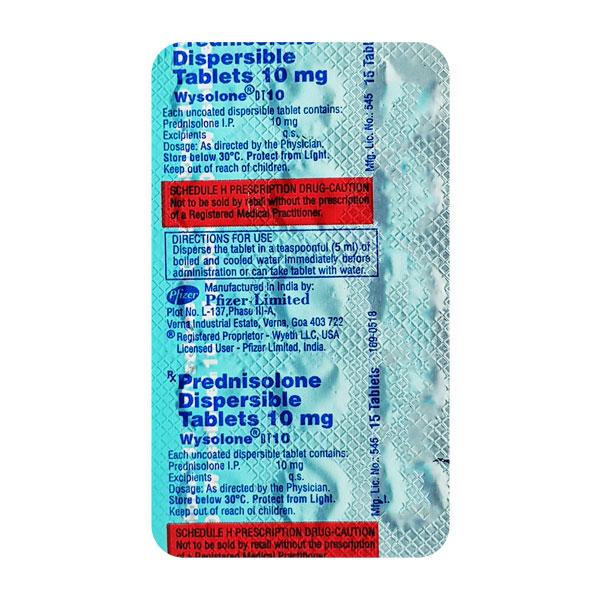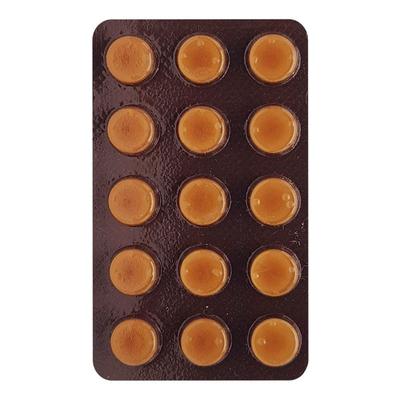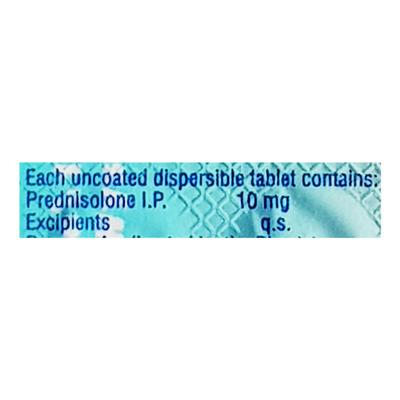Wysolone DT 10mg Tablet 15'S
Wysolone DT 10mg Tablet 15'S
Couldn't load pickup availability
WYSOLONE 10MG contains Prednisolone, which belongs to a group of medicines called Corticosteroids. It is used in the management of inflammatory and auto-immune conditions such as allergies (including severe allergic reactions), inflammation (affecting the lungs, including asthma, blood vessels, heart, bowel and kidneys, muscles and joints, including rheumatoid arthritis, and the and the eye and nervous system), skin conditions, infections, and cancers (such as leukemia, lymphoma, and myeloma).
WYSOLONE 10MG is also used to manage organ rejection after transplantation and, in some cases, to boost steroid levels when the body is unable to produce natural steroids on its own. It is also used to manage high calcium levels in the affected individuals, which are generally characterized by symptoms such as stomach pain, nausea, bone pain, and muscle weakness.
WYSOLONE 10MG is not recommended for use in patients with fungal infections or in patients who have recently taken live vaccinations. Before taking WYSOLONE 10MG, inform your doctor if you have an infection, an underactive thyroid gland (hypothyroidism), seizures (fits), myasthenia gravis (muscle weakness), diabetes, high blood pressure, heart failure, liver or kidney disease.
WYSOLONE 10MG should be used with caution in pregnant and breastfeeding women. It is also used with caution in children and adolescents (below 18 years of age). Consult your doctor before taking the medicine. The most common side effects of taking WYSOLONE 10MG are infection, signs of low potassium levels (such as constipation and a fast heartbeat), signs of increased sugar in the blood and urine (such as increased thirst and frequent urination), high blood pressure, thinner skin, and impaired wound healing. Consult your doctor before taking the medicine.
Uses Of WYSOLONE 10MG TABLET
To manage inflammatory and auto-immune conditions such as:
Allergies (including severe allergic reactions)
Inflammation (affecting the lungs, including asthma, blood vessels and heart, bowel and kidney, muscles and joints, including rheumatoid arthritis, and the and the eye and nervous system)
Skin conditions, infections, and cancers (such as leukemia, lymphoma, and myeloma)
To manage organ rejection after transplantation
To boost steroid levels when the body is unable to make enough natural steroids on its own.
To manage high calcium levels in the body






